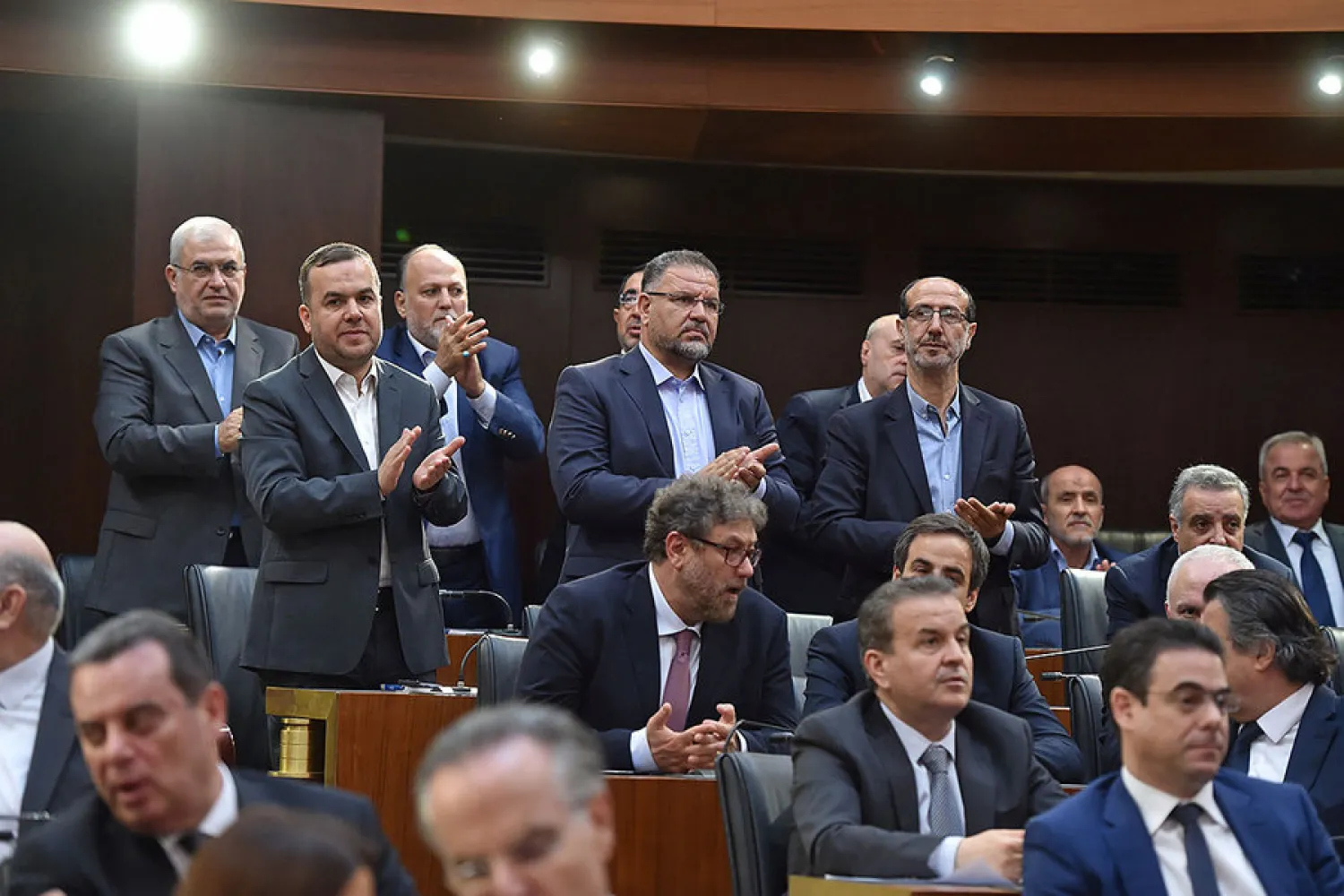Hezbollah has given its confidence to the new government, which is headed by Prime Minister Saad Hariri, breaking its habit to abstain from voting to the previous Hariri-led cabinets.
As some parties described the new government as the “Hezbollah government”, Former Minister and Deputy Boutros Harb noted that the movement could not oppose a cabinet, in which it has guaranteed the blocking third, hence is now controlling the decision-making in the country.
Ali al-Amin, a political analyst who is known for his anti-Hezbollah positions, said that the party's last stance towards the government was only an obvious result of its success in tailoring a cabinet that meets its terms, in the absence of any major opposition among other political parties.
In contrast, Qassem Kassir, a political analyst close to Hezbollah, affirmed that the movement’s position change was only a rearrangement of its priorities, by giving greater attention to the internal Lebanese arena after focusing on what he called the “resistance” against Israel and the fighting in Syria over the past years.
Amin, for his part, said: “Since the presidential elections that brought the party’s candidate [to Baabda Palace], to the electoral law, through which Hezbollah achieved breakthroughs [in areas where it was not previously able to win], to imposing conditions on the government… Hezbollah has proved to be subjecting others in Lebanon to what it wants.”
At the same time, Amin pointed to another reality, which he said was the “climate of compromise imposed by regional and international considerations under an Iranian strategy of “appeasement” and the dissociation of Lebanon.
This is reflected not only in Hezbollah’s policy, which has seen softer rhetoric but also through the positions of its opponents, who are showing less criticism towards the party.









